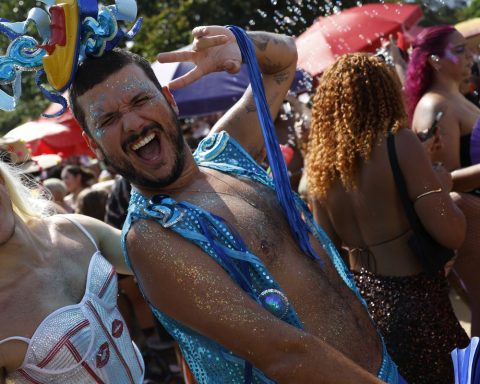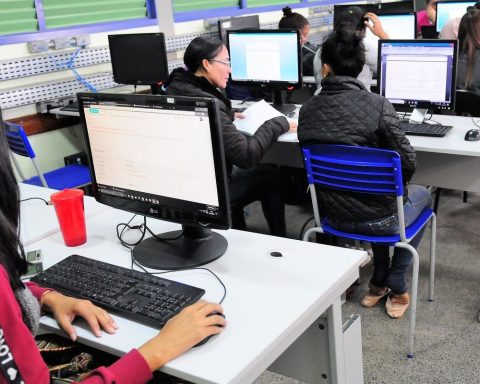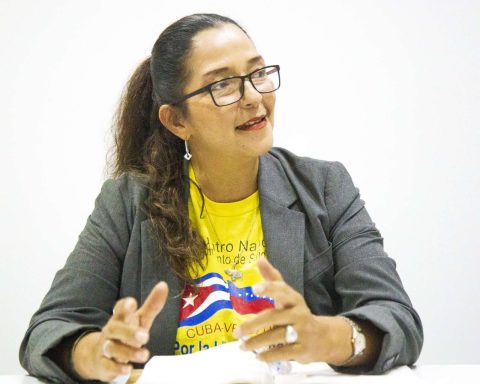The Legislative Chamber of the Federal District launched this Thursday (13) the Parliamentary Front in Defense and Protection of Traditional Peoples and Communities of African Matrix and of Religions of African Matrix.
District deputies intend to hold periodic meetings with representatives of communities and religions to receive demands and evaluate public policies focused on confronting religious racism and guaranteeing rights.
“The front will have priority in articulating with the homes and centers of peoples, communities and traditional religions of African origin to face violations of rights, defend the protection of traditions and advance public policies”, said deputy Fábio Félix (PSOL) , member of the group and president of the Commission for the Defense of Human Rights, Ethics and Parliamentary Decorum.
In the session, the deputy recalled the approval, in January of this year, of his project, which punishes discrimination against practitioners of African-derived religions in the Federal District. The law creates a program to combat religious racism and stipulates fines and sanctions for public agents, companies and commercial establishments that practice discriminatory acts.
“This law is a symbolic advance. If we have adults in the terreiros, we have children and adolescents who need to be protected, that’s why the law provides for punishments and sanctions”, said Fábio Félix.
The terreiros are targets of attacks, with stoning, fires, destruction of images and vandalism.
regularization of yards
One of the demands of religious leaders is the regularization of terreiros, especially those located in public areas.
A survey by the Palmares Foundation and the University of Brasília, released in 2018, points to the existence of 330 terreiros of religions of African origin in the Federal District. Most (87.8%) are in urban areas. Of the total, 33% are from candomblé, 57% from umbanda and 9% have both religions.
Most terreiros are not legalized and, as a result, are prevented from accessing benefits and public policies, such as exemption from paying IPTU, provided for by law for religious temples, as reported by Adna Santos, Yalorixá Mãe Baiana de Oyá and one of the main candomblé references.
“We hear that the State is secular, but we don’t see it. The lack of respect, of public policy. Interests are always directed towards other religious groups. We don’t want them to follow us. We want to be respected, not tolerated,” she told Brazil Agency.
Mãe Baiana de Oyá said that the front will act as “a listening” for traditional peoples and people of African descent. “This front is for us to know where we are going to denounce, seek answers for the recognition of our black people”.
The yalorixá also charged for the restoration of Praça dos Orixás, in Brasília, which had sculptures destroyed.
The leaders also defended the approval of bill 1279 of 22 that creates a Legal Framework for Peoples of African Matrix. Known as the Makota Valdina project, in honor of the Bahian activist of the same name, the PL recognizes the territorial units that materialize the culture of traditional peoples and the organization of public policies in the areas of health, food security, employment and income for this population.
















